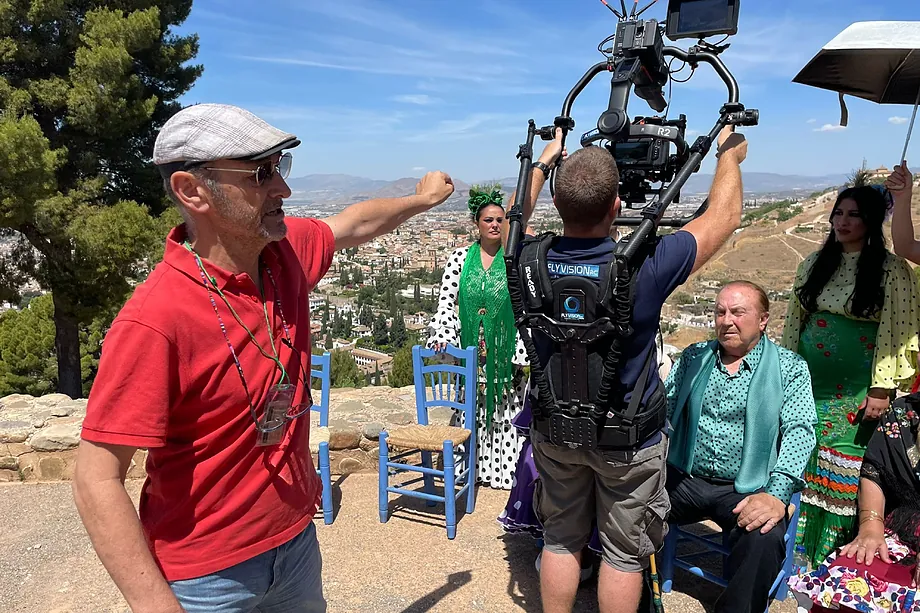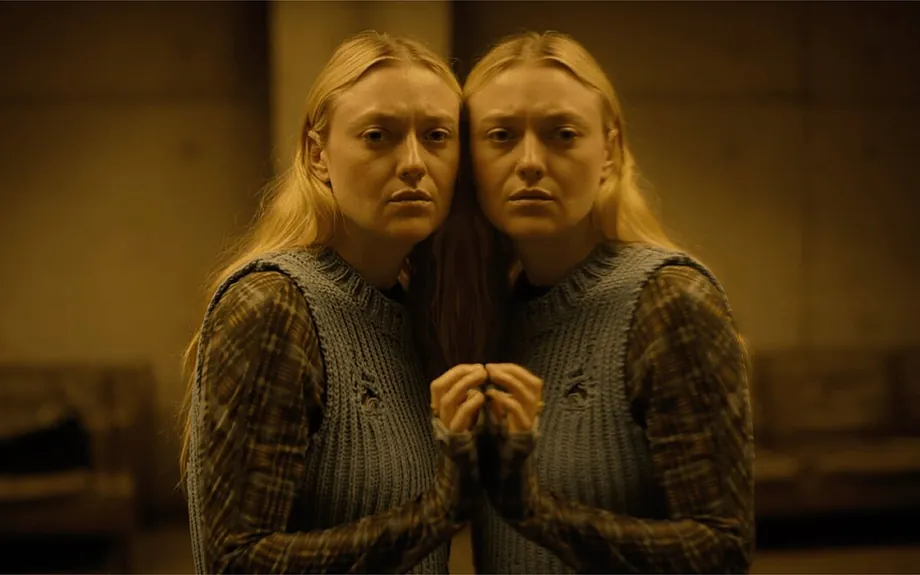After releasing his first album in a decade, he releases “Atlas”: his return to fantasy films, which he had abandoned since 2000.
Jennifer Lopez (or Lopez) is an actress (and/or singer), she is American (and/or Latina), she is a star (and/or producer), she is… “Why should there be only one thing? Honestly, I don’t think anyone should be happy with the label they get. The important thing is to do the things that excite you and make you feel alive. Yes, I’m a singer, an actress, a Latina… I don’t limit myself. I don’t limit myself,” she says, takes a second and adds, “I’ve always loved to dance and I immediately started making films. The success of Selena made me record my first album and that’s where it all started. I’m an artist and I think that’s enough.
The answer is her latest film, which comes just months after her latest album. And in their own way, in both cases, the aura of the event gathers around them. In February he released This Is Me… Now and there wasn’t a single review of the album that didn’t include two words inside: Ben Affleck. Not only was it his first collection of songs in a decade, but many of them (or was it all of them?) were dedicated to his girlfriend, who was and has been and has been. Now, the Netflix platform is about to release (on May 24) Atlas, a film in which he stars and for which he is also a producer. And, if you look closely, Jennifer Lopez reappears, whom we haven’t seen since she starred in Tarsem Singh’s 2000 film The Cell. The actress returns to physical, action films where sci-fi plays with fantasy. It’s all about rebirth.
“From the script, which I read in the pandant, I liked the fact that it looks at human relationships from a completely new angle. It’s a story of friendship between a human being, me, and a robot that is an artificial intelligence,” he explains, protocol to the point of wanting to leave his message: “It’s the machine that says to the human, ‘I’m here to help you. And why this return to action now? “I’ve always liked it. I consider myself a very physical actress, almost an athlete, and that has to do with my dancing background. It’s all part of me in a very organic way.” That much is clear.





